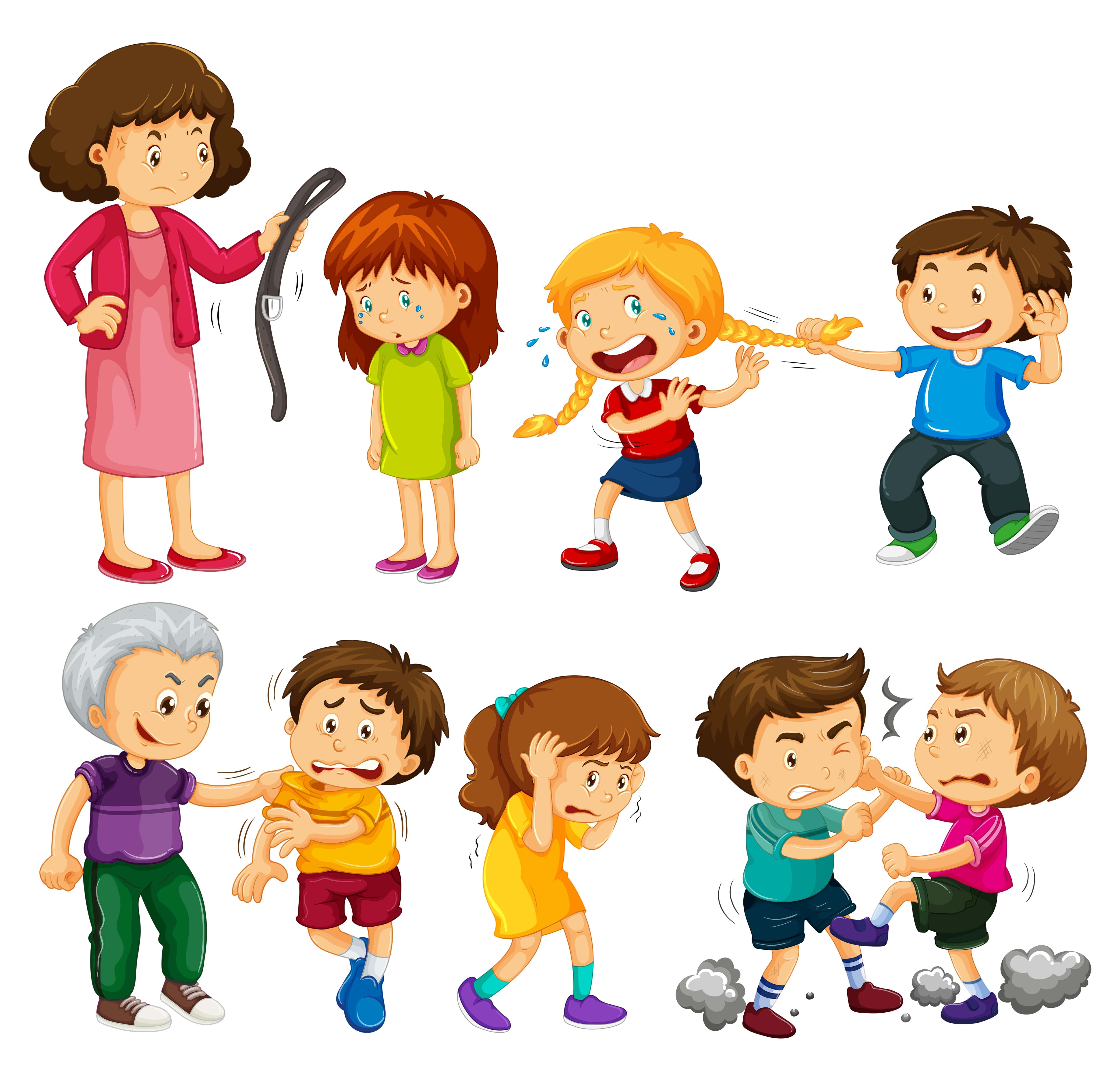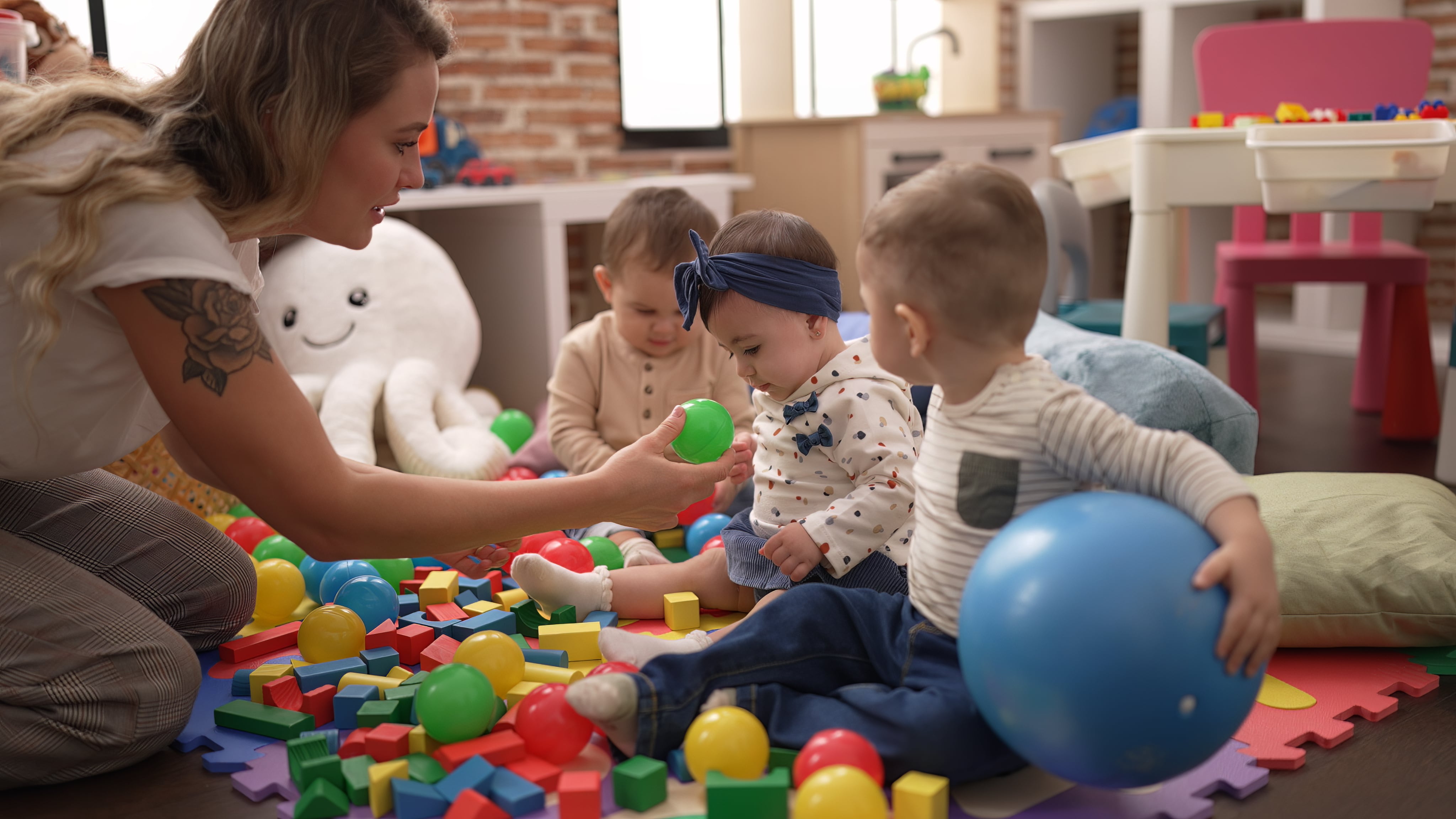Do you find your kid throwing things be it his toys, utensils, notebooks or what not? Are they crying for every small thing? Are you finding it hard to pacify them nowadays? If the answer to this is Yes, then do read this blog to get some insights on how to manage your child’s aggression..
Let’s evaluate if it is normal for a child to Get angry?
Children normally get irritated when frustration builds up in them. Also, if a child feels unheard then they start showing tantrums and anger. For instance, your toddler spots his/her favored toy that is above your budget. Whilst you refuse to shop for him/her that toy, he/she will begin throwing tantrums, kicking and screaming. This brings a lot of embarrassment as a parent to us but kids are kids. We need to address this behavior of kids gently and with love
For kids, communicating and handling emotions can be difficult in the beginning, but appropriate parenting and support can help your toddler ace it. As soon as he/she has mastered this artwork, you can expect the instances of violent outbursts to go down.
Some of the ways to handle aggression in your kids
1. Understand your child’s attitude
Try to apprehend your child’s mindset. Children regularly display aggression or cry when they feel that their desires aren’t being met or they are being left unheard. Such things as sleep disturbance, hunger, or parental separation anxiety might be the trigger. You need to pick out those troubles and quickly find techniques to channelize their energy.
For example: 2 kids are fighting a lot with each other, their mother notices that one kid has been consuming less. She lightly says, “I assume you haven’t eaten nicely. Let me cook you your favored dish”. Sooner than ever, the fighting will stop.

2. Be patient and show empathy
In case you see your child displaying aggressive behavior, be it throwing things, crying for sure matters etc, try to be patient and be around them. Concentrate and attempt to recognize what is really bothering them. What might appear as a tantrum to us, can be a war which our child is going through.
For example: You see your child crying and yelling, think what happened a few minutes back. Maybe they wanted to play more in the park or have more screen time. Try to handle this in a loving way: “You’re so mad I left the park, or I switched off the TV, but we need to balance everything.” Slowly, the child will learn to regulate their emotions.
3. Be a role model to your kiddo:
Children analyze from their adults. Make certain that your private home environment is calm and quiet; your child will soon pick up exceptions. When faced with your baby’s tantrum, maintain your calm and composure. Take deep breaths and talk in a soothing voice. In no way revert with aggressive phrases and punishments to calm them down.
4. Train them to explicit their feelings:
Help your infant pick out their emotions. Train them to apply simple phrases like “happy,” “sad,” “irritated,” or “hurt” to carry their emotions. Addressing their inner self will assist your kiddo address their issues with an open mind.

5. Set a few floor guidelines:
You must make clear what is anticipated of them and the way they have to behave. Teach them what is suitable behavior and what isn’t always anticipated of them. Every unacceptable behavior ought to have some effect like “no television for the weekend” or something similar down the line. However, strictly keep away from bodily beatings.
6. Exercise meditation:
Meditation is the correct tool to calm down a disturbed mind. Practicing meditation from an early age could have incredible effects, along with improvement of attention. This could assist your toddler to excel in all fields. Apart from meditation, you could train your infant a few deep breathing sporting events or count from one to 10 each time they get indignant. Everyday practice can better help them deal with their anger problems without your assistance.

Summarizing..
Raising an infant is a journey packed with milestones and moments of natural pleasure. Navigating their emotional outbursts and aggressive behavior is like a full time assignment. No matter how difficult they’re to suppress, these outbursts are part of your child’s development. So yes, try to be less affected and don’t lose your cool. Hope the ways shown in the blog help you in enabling your child to build emotional resilience, and ultimately deepen your bond.
Also do check our Kinzy App to create fun memorable stories through our advanced Ai assistant with your kids.
Check out Kinzy Club Blogs for more such helpful articles.Try out our App:
App Store: https://apps.apple.com/in/app/kinzy/id6743426150
Play Store: https://play.google.com/store/apps/details?id=club.kinzy.app&hl=en_IN





